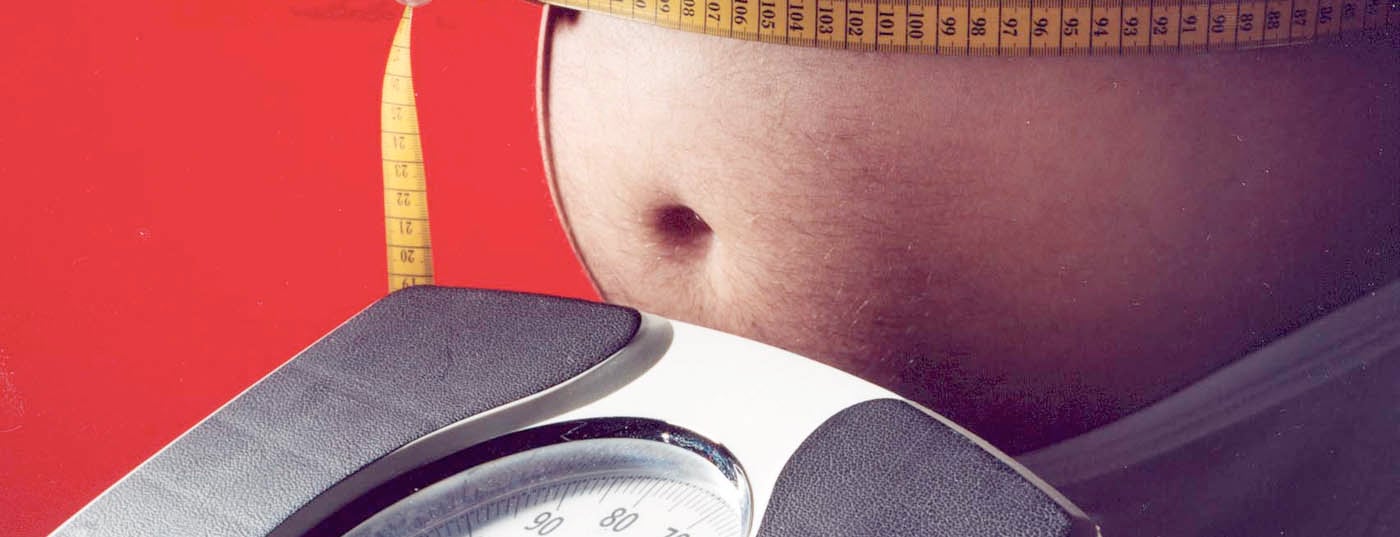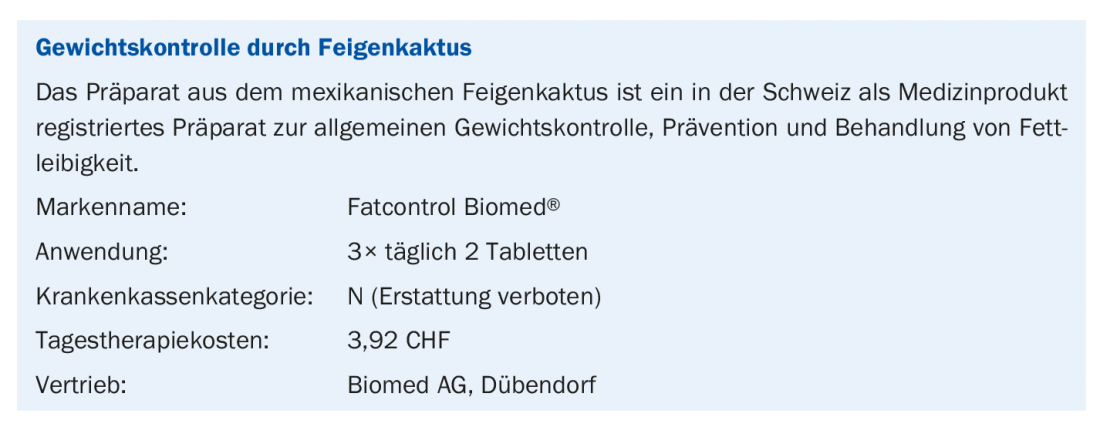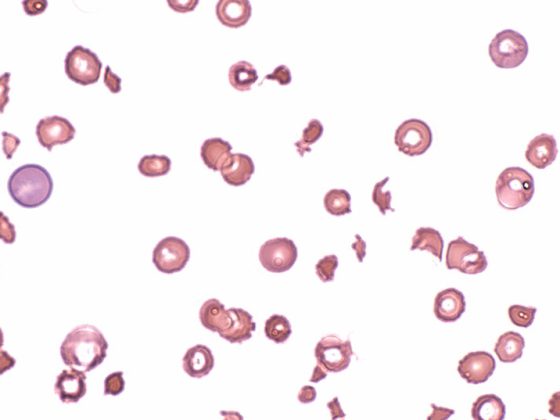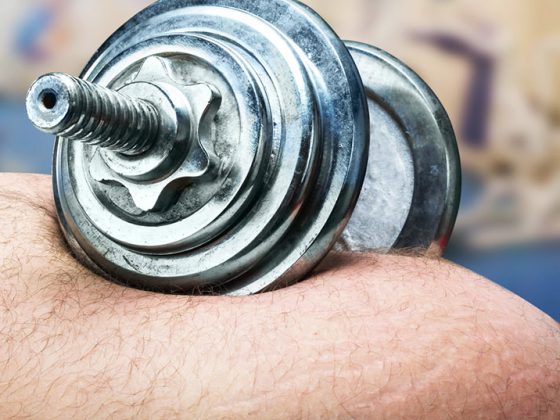Are there any reputable herbal strategies for weight loss? The following article clears the thicket of slimming products, which can hardly be surveyed anymore, and presents herbal preparations or extracts with scientific evidence.
Obesity is widespread. In industrialized countries in particular, children are often already affected, but emerging countries are also increasingly struggling with the consequences of sedentary lifestyles. Between New Year’s Day and Christmas, this problem comes increasingly to the fore. Etiological factors are well known, and the health and socioeconomic consequences are well documented. Nevertheless, some people do not succeed in changing their eating habits in such a way that their BMI falls to harmless levels; an unfavorable genetic disposition can make these efforts even more difficult. Diets with guaranteed success promise quick help, but often remain without lasting effect. Time to review the range of products and active ingredients for evidence.
Frequent misuse of medicines
All sympathomimetic drugs with good efficacy for the indication of overweight or obesity have been withdrawn from the market because of the known side effects. Various sympathomimetic drugs with other indications, such as thyroid hormones or vasoconstrictors, continue to be misused for weight loss today.
The only effective and clinically documented group of active ingredients with the indication of weight control or weight reduction is that which reduces the absorption of ingested fat, carbohydrate or amino acids in the intestine. The first of these agents was orlistat, a lipase inhibitor, but it has been a problem for some users because of fatty stools.
Natural weight reduction
The willingness of those affected to take up therapy and to prevent a possible yo-yo effect with appropriate measures is a prerequisite for the success of therapy. This also applies to phytotherapeutic agents. Herbal strategies for weight loss that have been clinically tested will be presented below. High-fiber preparations are not described here. Although they have some effect as stomach fillers, they are only suitable for very disciplined patients who can overcome the feeling of hunger that is nevertheless present.
Fenugreek: The seeds of fenugreek (Trigonella foenum-graecum L.) appear to have some effectiveness in reducing fat absorption. This was reported in a study published in 2010 [1]. In this study, 39 healthy subjects with obesity were treated with an extract of fenugreek seed in a six-week double-blind, randomized, placebo-controlled, parallel-group study. The study showed interesting results, although the desired main effect, a weight reduction in the overweight, was missing: The daily fat intake as well as the insulin-glucose ratio decreased significantly in the verum group compared to placebo. With long-term use, weight reduction could possibly still be seen, although studies are still lacking on this.
YY-312: Behind this abstract name is a powder consisting of three Asian medicinal plants: Imperata cylindrica, Citrus unshiu and Evodia officinalis. This powder was administered to overweight adult Koreans in a 12-week Korean study published in 2017 [2]. In this randomized, double-blind, placebo-controlled study, total body fat, weight, and hip circumference decreased significantly in the verum group compared with placebo.
Yerba Mate: Yerba Mate (Ilex paraguariensis) is a widespread plant in South America, which is popularly consumed as mate tea. A randomized, placebo-controlled, double-blind study also conducted in Korea and published in 2015 showed that this plant may also reduce BMI as well as hip circumference [3]. Subjects with a BMI of 25 to 35 and a WHR >0.90 (men) or >0.85 (women) took three grams of yerba mate or placebo per day for twelve weeks. The verum group showed a significant reduction in body fat score, percent body fat, and WHR after twelve weeks.
Fat binding prickly pear
Since the three studies described concern extracts that are not available as commercial products in Switzerland, a preparation from the prickly pear cactus will be discussed here that is available as a finished preparation in Switzerland. This is a patented fiber complex produced from the leaves of the prickly pear cactus (Opuntia ficus-indica), which has long been used in folk medicine in Mexico (Fig. 1) . This fiber complex consists of soluble and non-soluble fibers, which have a very high binding affinity for fats. The non-soluble fibers bind fat from food in the stomach and together with the fat form a complex that is enclosed by the water-soluble fibers. The different pH levels of the stomach and intestines cannot affect this complex, so it is naturally excreted in the stool. Unlike orlistat, it does not cause fatty stools.
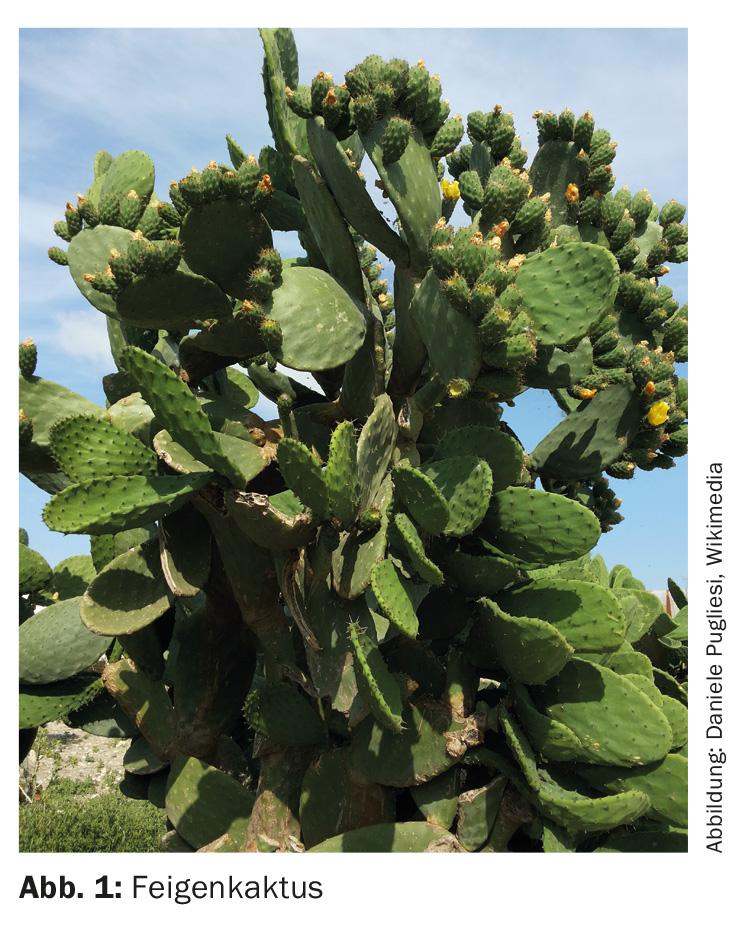
A double-blind, randomized, placebo-controlled clinical trial demonstrated that the fiber complex increased fecal fat excretion by 26.6% and decreased body weight by an average of 0.72 kg within three days compared to placebo. The feeling of satiety increased from moderate to strong in the verum group [4]. Another study documented a decrease in serum cholesterol in obese and diabetic patients, respectively [5].
Summary
There are some medicinal plants which can achieve a clinically documented reduction in body weight. In addition to Asian medicinal plants, they include fenugreek and the South American mate. However, before these can really be integrated into therapy, they need to be investigated in more detail in further studies. The Mexican prickly pear, on the other hand, is a mature preparation that is available in Switzerland (see box) . Until now, patients have had to pay for this themselves. But here, too, the following applies: Only if eating habits are changed at the same time can long-term success be achieved and body weight be stabilized at a lower level.
Literature:
- Chevassus H, et al: A fenugreek seed extract selectively reduces spontaneous fat intake in overweight subjects. Eur J Clin Pharmacol 2010; 66(5): 449-455.
- Cho YG, et al: Effect of a herbal extract powder (YY-312) from Imperata cylindrica Beauvois, Citrus unshiu Markovich and Evodia officinalis Dode on body fat mass overweight adults: a 12-week, randomized, double-blind, placebo-controlled, parallel-group clinical trial. BMC Complement Altern Med 2017; 17(1): 375.
- Kim SY, et al: Anti-obesity effects of Yerba Mate (Ilex Paraguariensis): a randomized, double-blind, placebo-controlled clinical trial, BMC Complement Alten Med 2015; 15: 338.
- Graubaum HJ: 2-armed, randomized, double blind, placebo-controlled fat excretion study of Litramine®, 2009. Data on file.
- Frati-Munari AC, et al: Effects of nopal (Opuntia sp.) on serum lipids, glycemia and body weight. Arch Invest Med (Mex) 1983; 14(2): 117.
HAUSARZT PRAXIS 2019; 14(1): 3-4

